You complete your ballot. You make sure it’s what you want and then when you hit submit, two things happen: The ballot itself is encrypted, and you get a tracking number, just like for a FedEx package. And then the ballot goes back to the board of elections, and they take it offline, that’s the air gapping, and they don’t decrypt it until it’s offline. Then, when they decrypt it, they print out a paper copy, and they mix it in with all the other ballots, mailed in and in person. You can follow the progress of your vote through the tracking numbers, so you know when it was submitted, received, decrypted, tabulated, all of that. It’s meant to be very, very easy and intuitive on the front end, but very sophisticated, secure on the back end.
Makena: There’s some off-the-shelf mobile voting software on the market already, but you built your own. How’s your app different from what’s already out there?
Bradley: Four years ago, we put together a team of different companies with different areas of expertise and have been building this system. It is end-to-end encrypted and end-to-end verified. It is air gapped, and it has multifactor authentication and biometric screening. Most importantly, it’s open source. I estimate we have eight to 10 months of internal work left to do. Then we’re going to submit it to Defcon and to NIST and get all their feedback. Once we’re happy with it, we’ll put it up, and it will be open source and free. At that point, any government can either use the code directly and adapt it to their own needs for their jurisdiction, or they can have a vendor do it for them.
Then phase three kicks in, which is why I wrote the book. As hard as the tech part has been, the even harder part is passing legislation everywhere that actually makes local voting available legally.
Makena: Regardless of how secure voting may be at any location, former president Donald Trump has normalized questioning the integrity of our elections. Could mobile voting make things worse?
Bradley: Does voting fraud actually exist? The answer is no.
It’s a Trump-manufactured myth because he can’t accept the notion of losing. But let’s accept that even if it’s not a real thing, it exists because he says it does. He’s going to raise that about every form of voting, whether it’s in person, mail in, or early or anything else if he thinks it might be in his favor.
I’m not proposing that we get rid of any current form of voting, and I would argue that what we have built is exponentially more secure than any other forms of voting. I’m just saying let’s make this an additional option. Some people will use it, and some may not. My daughter who just turned 18 will use it; my dad, who’s turning 80, probably would not. That’s OK.
The Chatroom
Would you ever vote via your phone or an app? What do you think this could do for elections?
Send your thoughts to mail@wired.com to let me know!

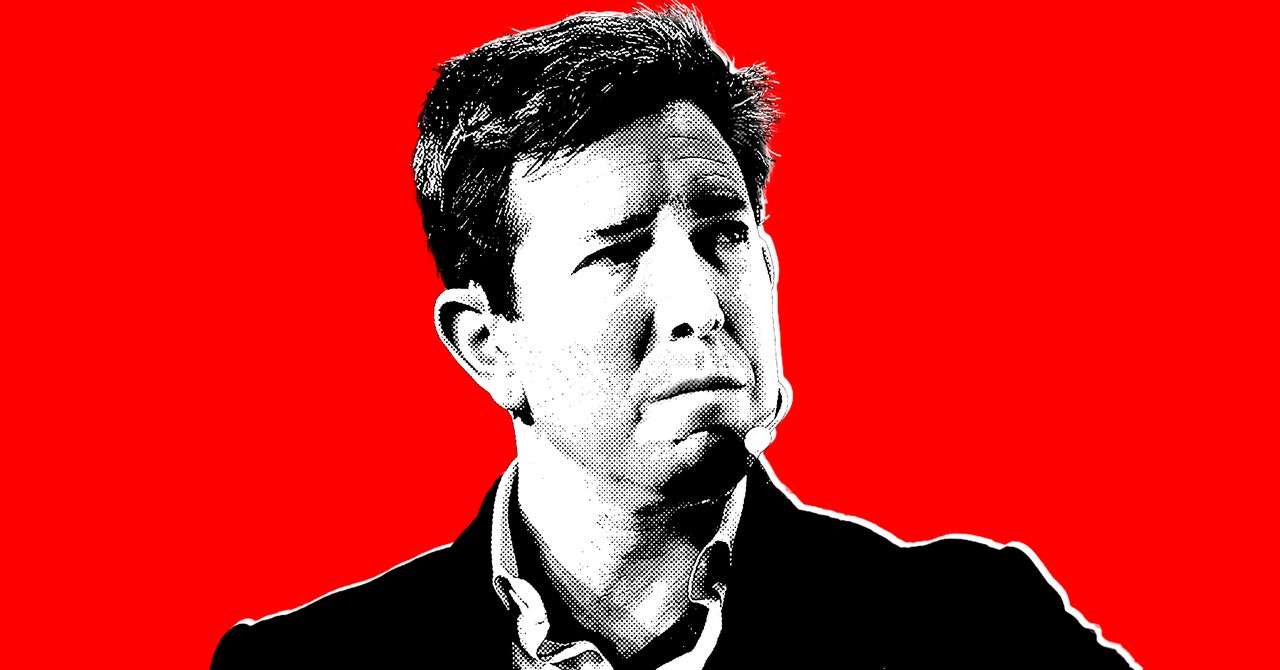
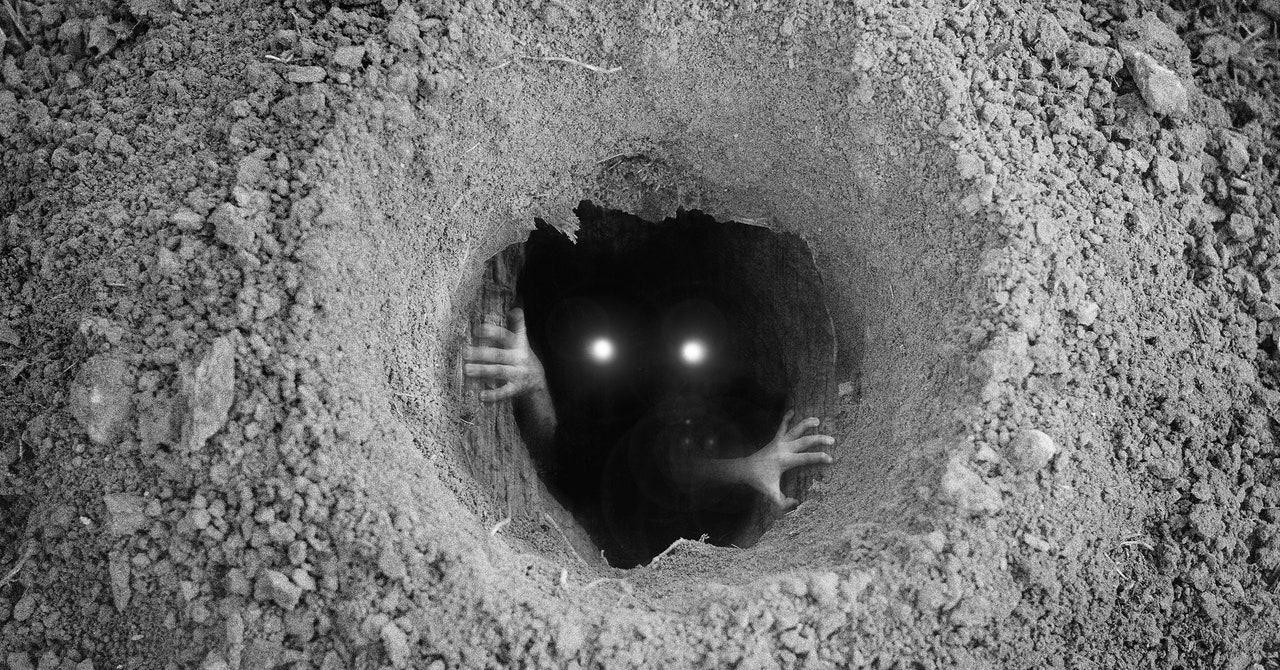
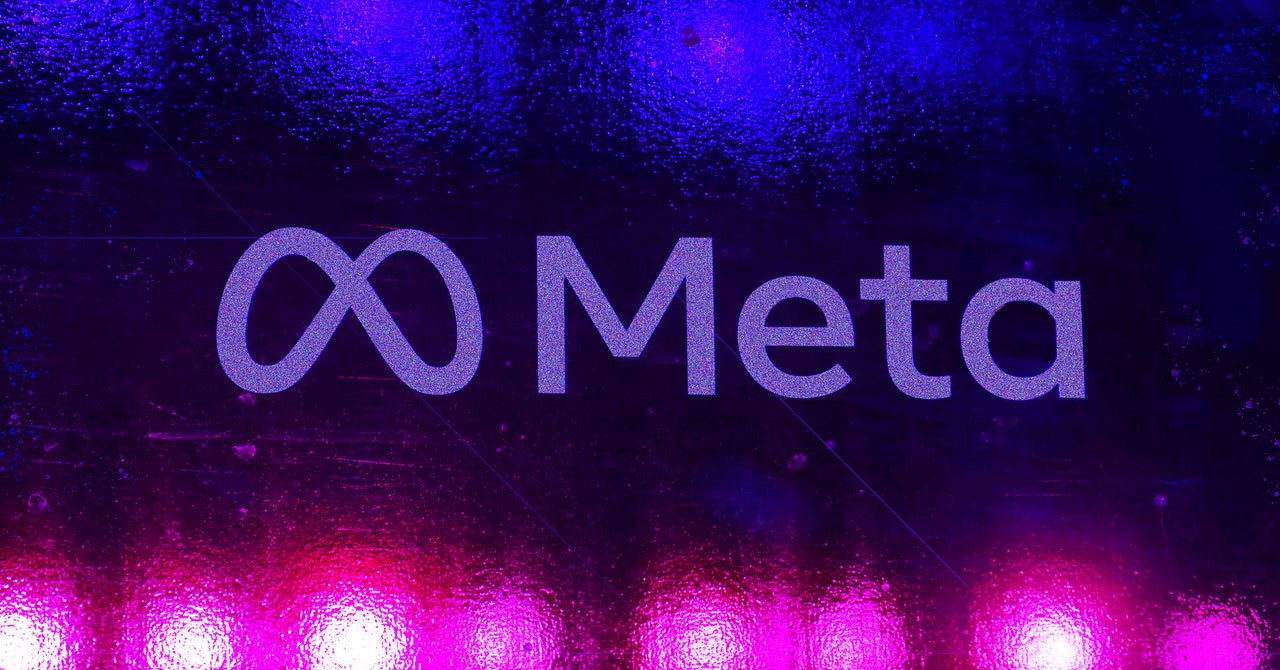
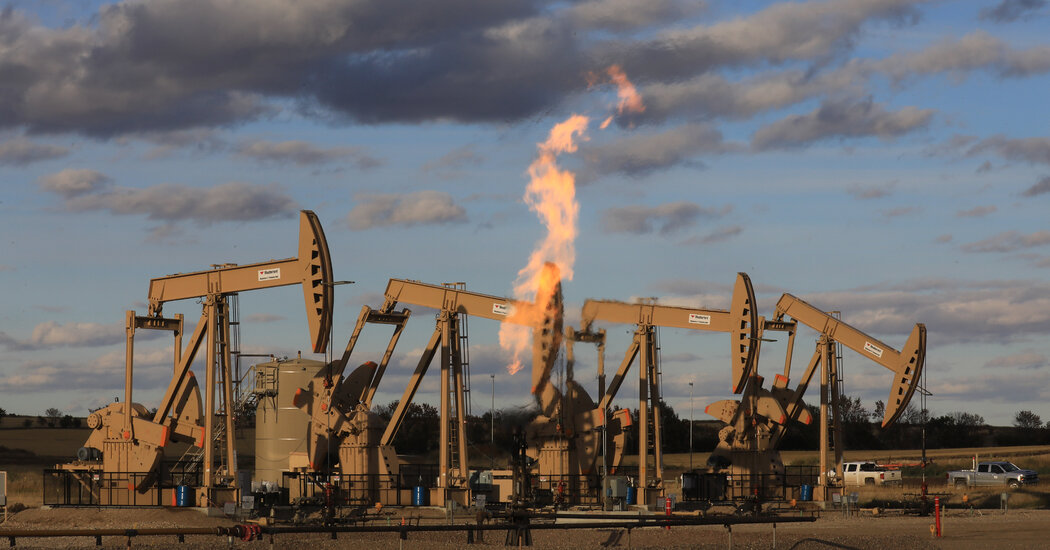
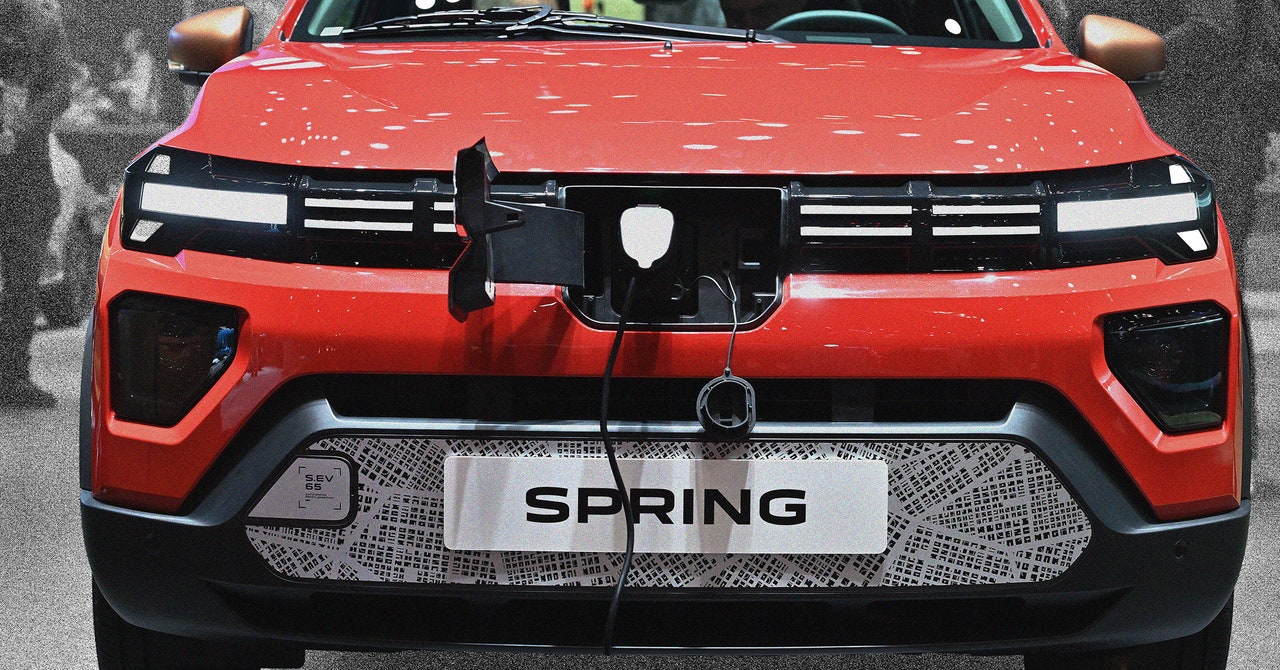
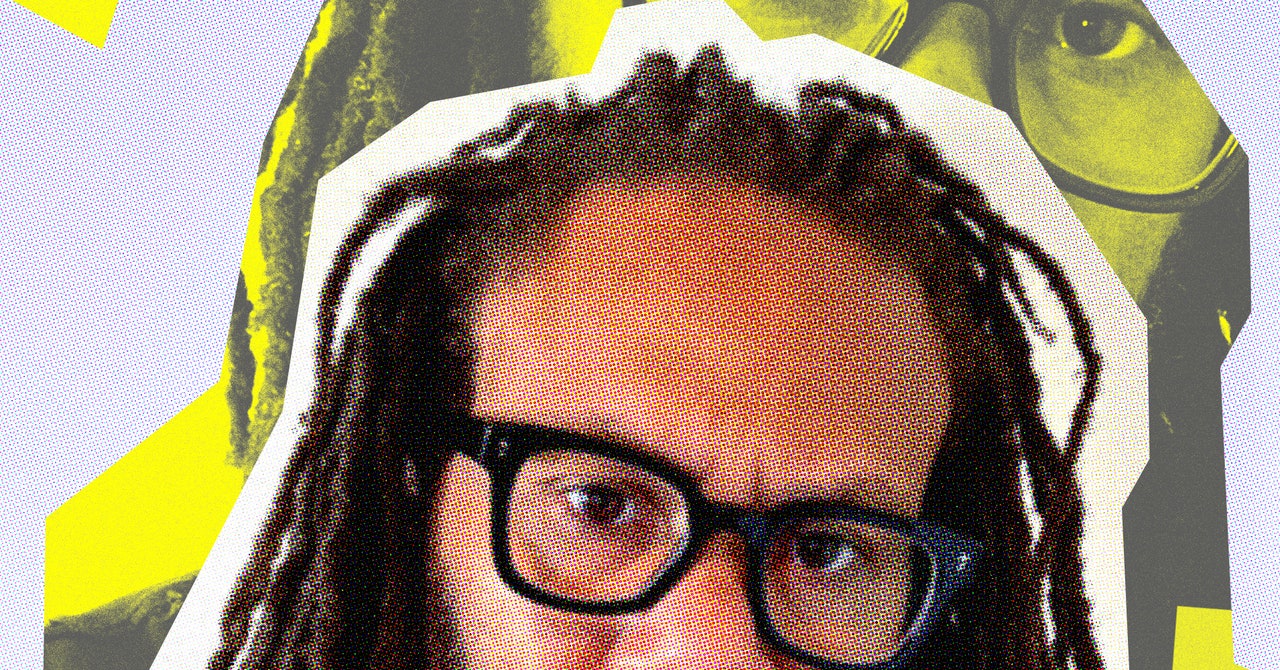

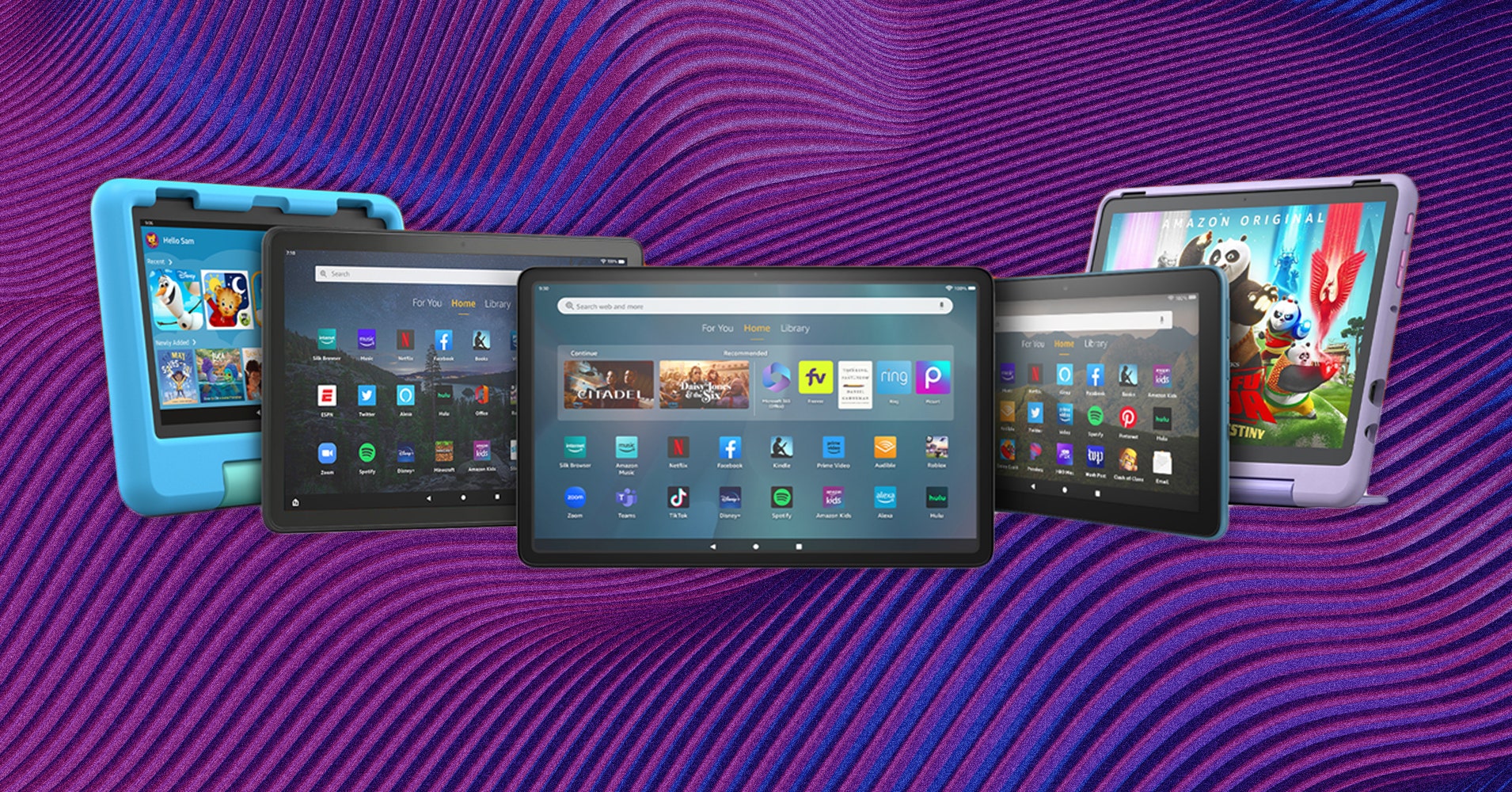
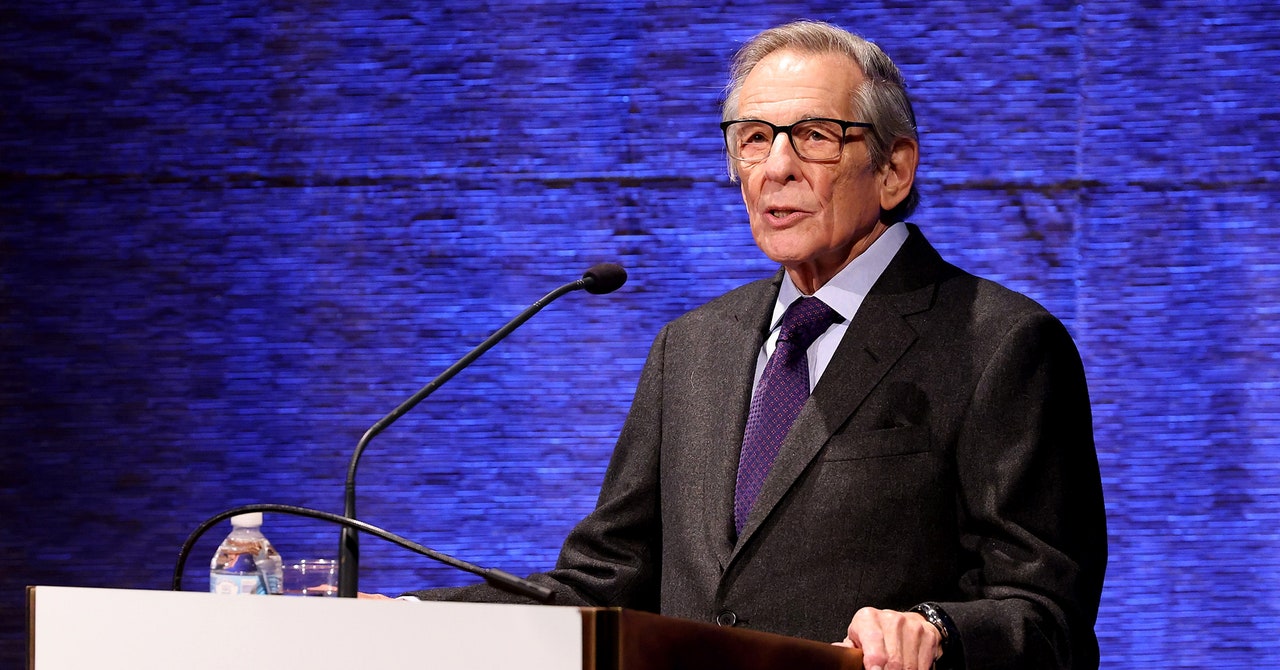
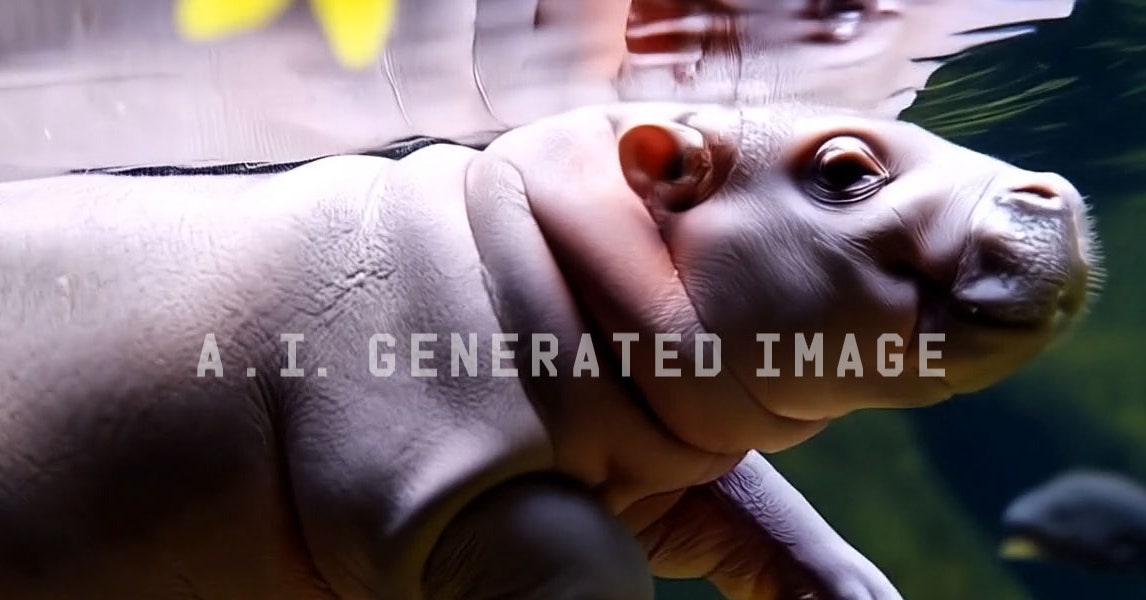


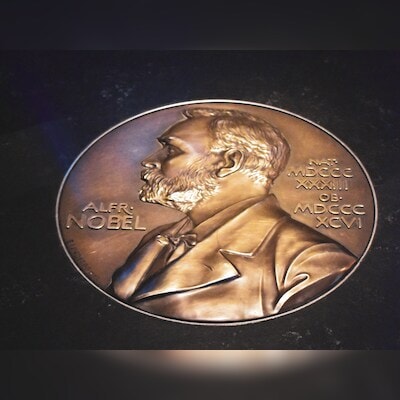
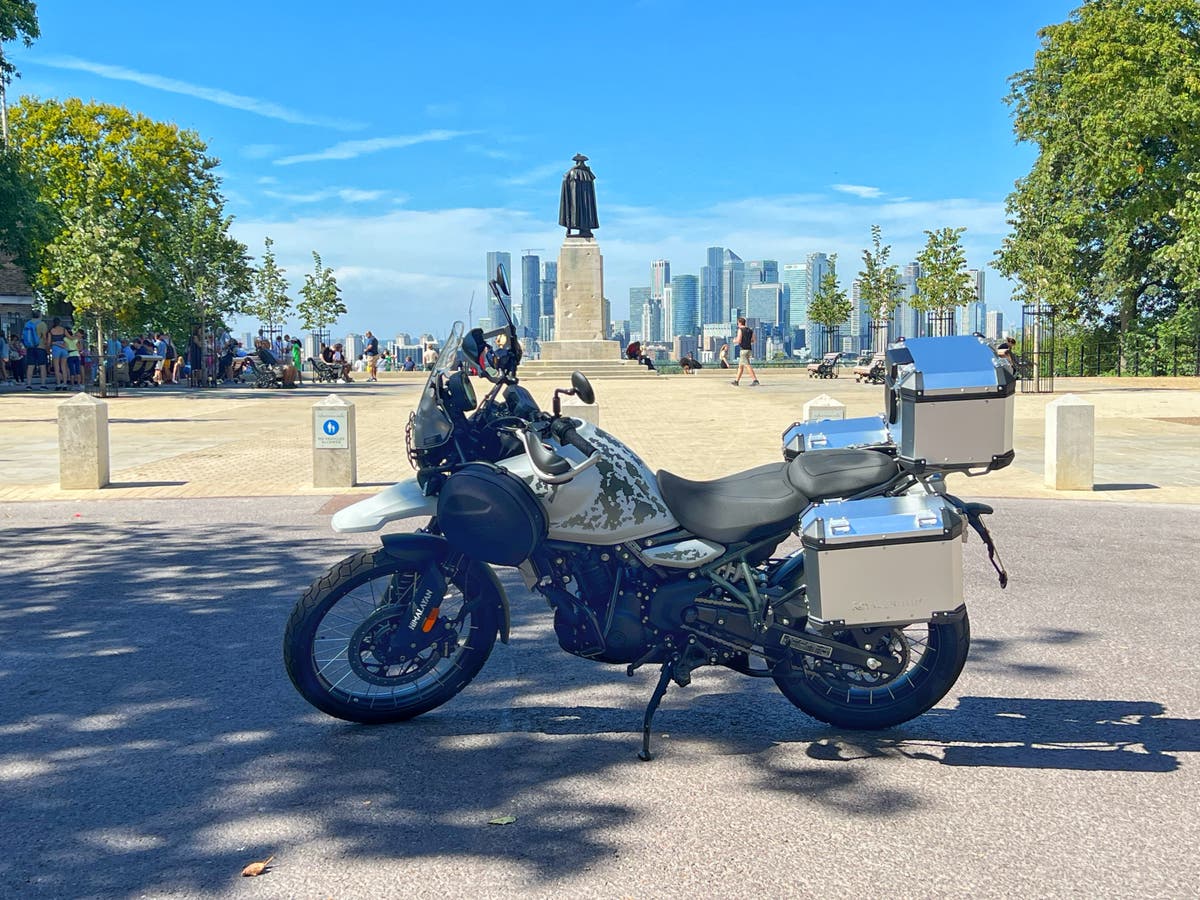

Leave a Reply